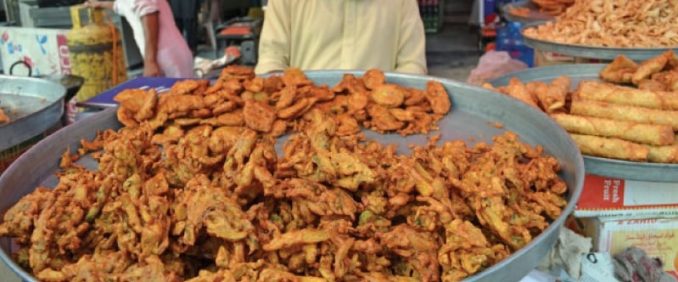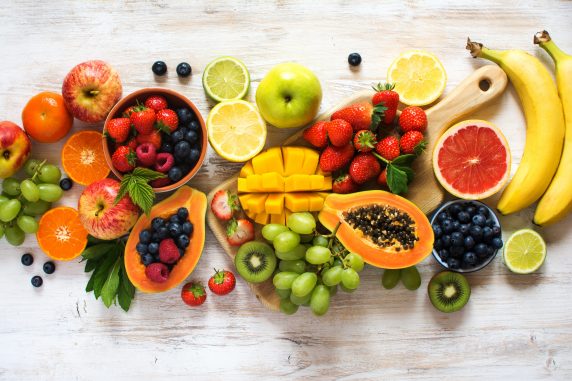Five Tips On Staying Healthy During Ramzan

Never skip Suhoor (sehri)
Just as breakfast is the most important meal of the day, Suhoor (the meal eaten before dawn) is equally important. The meal eaten at this hour helps your body stay hydrated and fuelled up on energy and nutrients until Iftar time. Skipping Suhoor also encourages overeating during Iftar, which can cause unhealthy weight gain. The best meal to eat during suhoor are oats, high fibre cereals, eggs and yogurt to name a few.
Avoid fried and junk food
As much as one wants to avoid eating those delicious pakora and samosas, it is just impossible! Instead, do not include fried, fatty and sugary foods in your Iftar spready everyday. Try counting them down to once a week. While these foods make you feel good in the short run, they can make fasting the next day more difficult. Have meals made from fresh ingredients that are good sources of nutrition-preferably homemade. They’ll keep you nourished and functioning throughout the day.

Keep yourself hydrated
Drinking water from Iftar until Suhoor is key as it reduces your risk of dehydration during fasting. Make sure to drink at least eight glasses of water. You should also cut down on caffeinated drinks like coffee, tea and colas as these have a diuretic effect and promotes fluid loss.

Replace desserts and sugary fats with fruits
Fruits and vegetables are a great snack and a great yet healthy alternative to desserts. Some fruits and vegetables naturally contain high water content, especially cucumbers, watermelons, and melons. Eating those after fasting hours can help keep you hydrated.

Don't skip on eating your dates
One of the most common reasons for headaches or dizziness during Ramzan is low blood sugar. Eating dates is very beneficial at the start of Iftar. Dates provide you with an immediate source of energy and they’re rich in nutrients and fibre. They also help maintain your sugar levels.

- Tags: healthy eating, healthy fasting, Iftar, Ramzan, Staying fit, Suhoor
